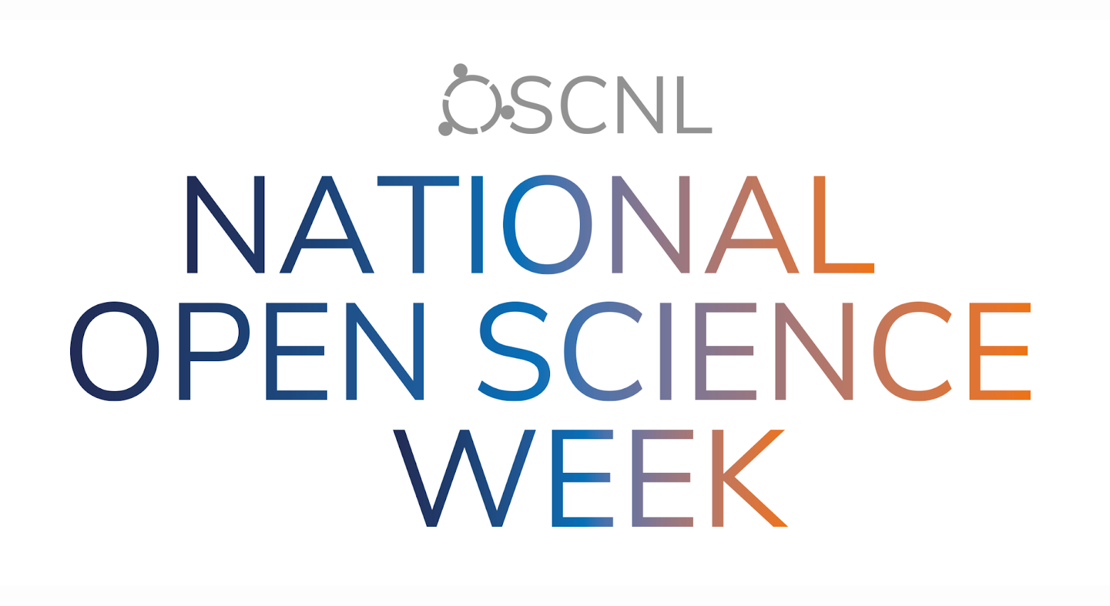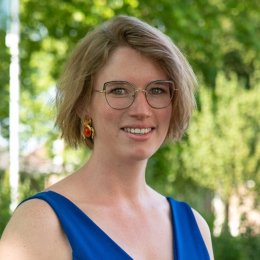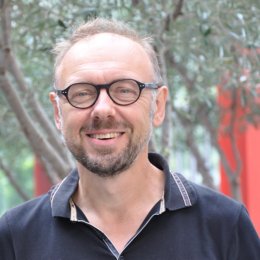OSC-NL National OS Week 2025

The Dutch Network of Open Science Communities (OSC-NL) is organizing a National Open Science Week from 22 to 26 September 2025 to celebrate and recognize the crucial role of Open Science in the advancement of science. The OSCT also participates in this week by (co-)organizing various events at the University of Twente and at the Saxion University of Applied Sciences during this week. Here you can read about the highlights of the OSC-NL National OS Week 2024.
Program
Unless stated otherwise, all events will take place in person.
Monday (22-09)
13:30 - 15:30: Workshop: How to recognize and reward Open Science in challenging times?
Registration: Required and can be done via this website
Location: TL1133 at UT
Open Science aims to make scientific knowledge openly available, accessible and reusable for everyone, thereby increasing scientific collaboration and the sharing of information for the benefit of science and society. Many of you already contribute to this endeavour; do you feel recognised and rewarded for your efforts? This is one of the questions that will be explored at the workshop “How to recognise and reward Open Science in challenging times?”.
The workshop is taking place at a relevant time: the UT is currently drafting its Open Science strategy, so the workshop will provide an opportunity to collect input and share best practices, as well as share what is already in place.
What can you expect?
- A brief introduction to Open Science at the UT with Mila Koeva (Vice Dean Research at the ITC Faculty) & and Peter Veltink (Vice Dean of Research at the EEMCS Faculty)
- A brief introduction to the Recognition and Rewards program at the UT with Tanya Bondarouk (Dean of the BMS Faculty)
- A facilitated discussion on how to support, recognise and establish Open Science as the standard way of working at the UT
Join us to contribute to the UT Open Science strategy! All academic and support staff are welcome to join us, regardless of their knowledge of Open Science. We aim to collect various perspectives.
This workshop is co-organised by the Open Science Community Twente, Strategy and Policy, HR, LISA and the UT Recognition and Rewards program and made possible thanks to NWO funding (Grant number: 500.070.2418).
13:30 - 14:30: Making research findable: A hands-on workshop (hybrid event)
Location: D3.02 at Handelskade 75, Deventer & G8.29 at Van Galenstraat 19, Enschede (Saxion)
Speaker: Renske de Leeuw
Visibility starts with you! Do you want your research to be truly discoverable and reusable? In this hands-on workshop, you'll learn how simple steps, like adding Creative Commons licenses and persistent identifiers (PID's, such as ORCID and DOIs), can significantly boost the visibility and impact of your work. We will combine learning with action by playing (short) games focused on licensing and PIDs. Discover how to make your research open, accessible, and future-proof, so that you increase your impact. Join the workshop and make your science findable!
Tuesday (23-09)
12:45 - 13:30: Toasti Talk XL: Citizen Science
Location: DesignLab at UT
The Citizen Science Hub Twente will share how you can involve citizens in your research, the benefits of doing so, and how the hub can support you. A UT researcher will also share their personal experience with citizen science – the challenges, the impact, and the added value it brought to their project.Bring your curiosity – and enjoy a tosti while you’re at it!
13:00 - 15:30: Help! Can you save our research outputs from disaster?
Registration: Required and can be done via this website
Location: G4.28 at Van Galenstraat 19, Enschede (Saxion)
Speaker: Sarah Coombs
In this interactive adventure game, players will team up to defeat Big Tech and free all research outputs from its clutches. They will have 40 minutes to complete the game, moving around the room to find clues, solve puzzles and learn about open access publishing. This will be followed by a discussion about the concepts presented in the game and the ins and outs of Open Access publishing, including how it works for universities of applied sciences like Saxion.
Wednesday (24-09)
12:45 - 13:30: YET - DIY eye tracking on a budget
Location: LA 2409 at UT
Speaker: Martin Schmettow
Eye tracking devices are routinely used in industry and academia to study human visual cognition. However, modern eye tackers are closed systems and very expensive. The YET (Your Eye Tracker) system is a basic open source eye tracking system that anyone can build in an hour at the cost of a dinner. In my talk I will first address the theoretical ideas of YET and explain how its innovative algorithm works. After a live demonstration, I will introduce the idea of bio-convergent devices and how they can help to understand how the humans evolved the ability to read each others glance directions.
14:00 - 15:00: The Colours of Open Access: Which to Choose When, and How to Use Them Optimally
Location: LA 2101 at UT
Speaker: Nicole Loorbach
In 2024, 96 percent of UT-affiliated journal articles in our university’s repository were open access (OA). That sounds like we have nearly reached our goal of 100 percent OA, but the OA rainbow would ideally have fewer colours than the five it currently has: gold, diamond, a hybrid blend, green, and print. Each colour has its own pros and cons. All are free for readers, but only some are free for authors, peer reviewed, have reuse rights, or meet the criteria of funders. As a UT author, you can bypass some of the cons.
In this presentation, Nicole Loorbach (specialist open access at the University Library) will explain the colours of open access, discuss their pros and cons, and let you know how to make full use of them. Of course, there will be plenty time for discussions and questions.










